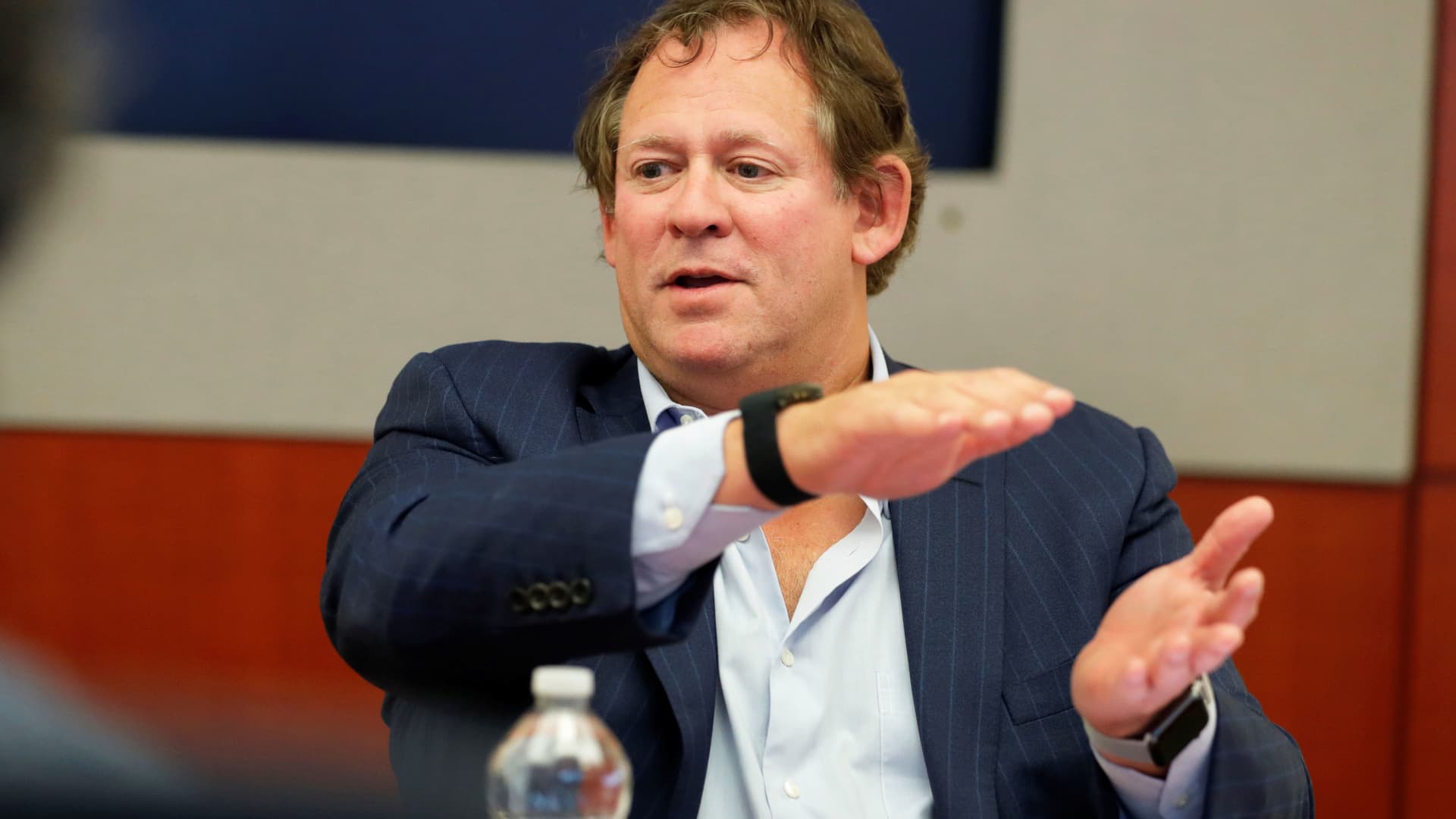NEW YORK – When the bond chief of the world’s biggest asset manager looks at the U.S. right now, he sees a lot to like.
A combination of resilient government, corporate and consumer spending, improving homebuilder data, $1.5 trillion in excess savings and low unemployment tell BlackRock’s Rick Rieder that the American economy is faring better than many expected.
“I think the U.S. economy’s in much better shape than people give credit” for, Rieder said Tuesday at an event at BlackRock’s New York headquarters.
“There’s this thesis that you will have a dramatic slowdown,” he said. “When you break down the numbers, it’s just not apparent.”
Talk of an impending recession has been building as the impact of the Federal Reserve’s interest rate increases ripple through the economy. The collapse of three midsized banks this year have stoked concerns that lenders will rein in access to credit, further slowing down the economy. Still, employment figures have confounded expectations, most recently for April, when nonfarm payrolls jumped by 253,000.
“When people talk about, ‘We’re going to a recession or a deep recession,’ it’s pretty unusual [or] almost impossible when you have an unemployment rate of 3.4%,” Rieder said.
Lots of cash sidelined
Rieder, a three-decade veteran of the markets who oversees $2.4 trillion in assets, said he expects the Fed to pause rate increases at its next meeting. While the central bank could raise rates once more after that, he said that its rate-hiking campaign is largely done.
That expectation, combined with slowing inflation, gives investors a good backdrop, even if he does expect the economy to slow later this year, Rieder said.
The biggest threat to Rieder’s thesis is a potential U.S. default on its sovereign debt, which could usher in panic and be “potentially catastrophic” for the economy, according to experts including JPMorgan Chase CEO Jamie Dimon. Treasury Secretary Janet Yellen has said that the U.S. could lose the ability to pay its bills as soon as June 1.
Rieder puts a “very high probability” of the Biden administration striking a deal with Republican lawmakers, he said.
“I’ve never seen so much money sitting in cash, and a lot of it” waiting for a debt ceiling resolution before being deployed, he said.
